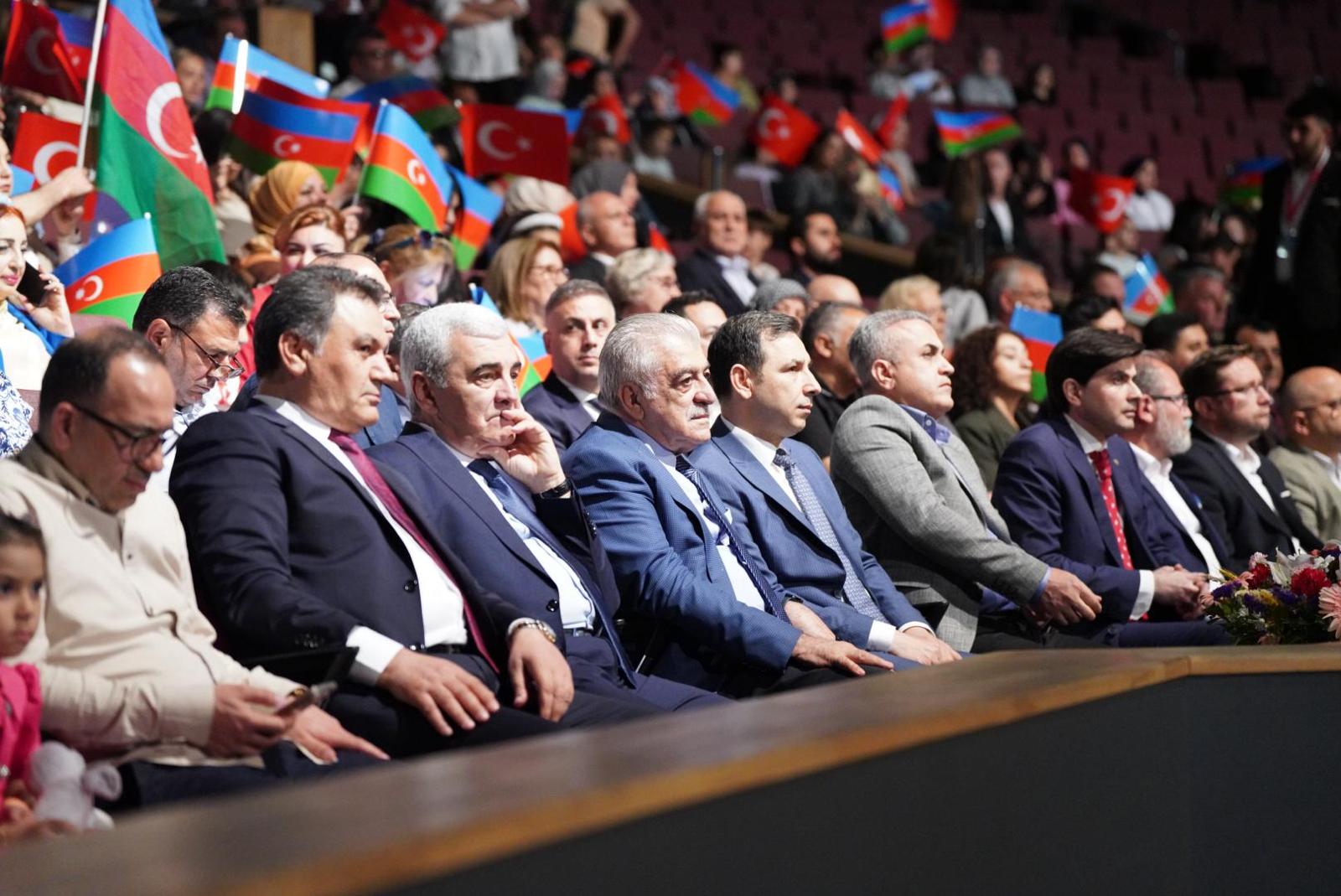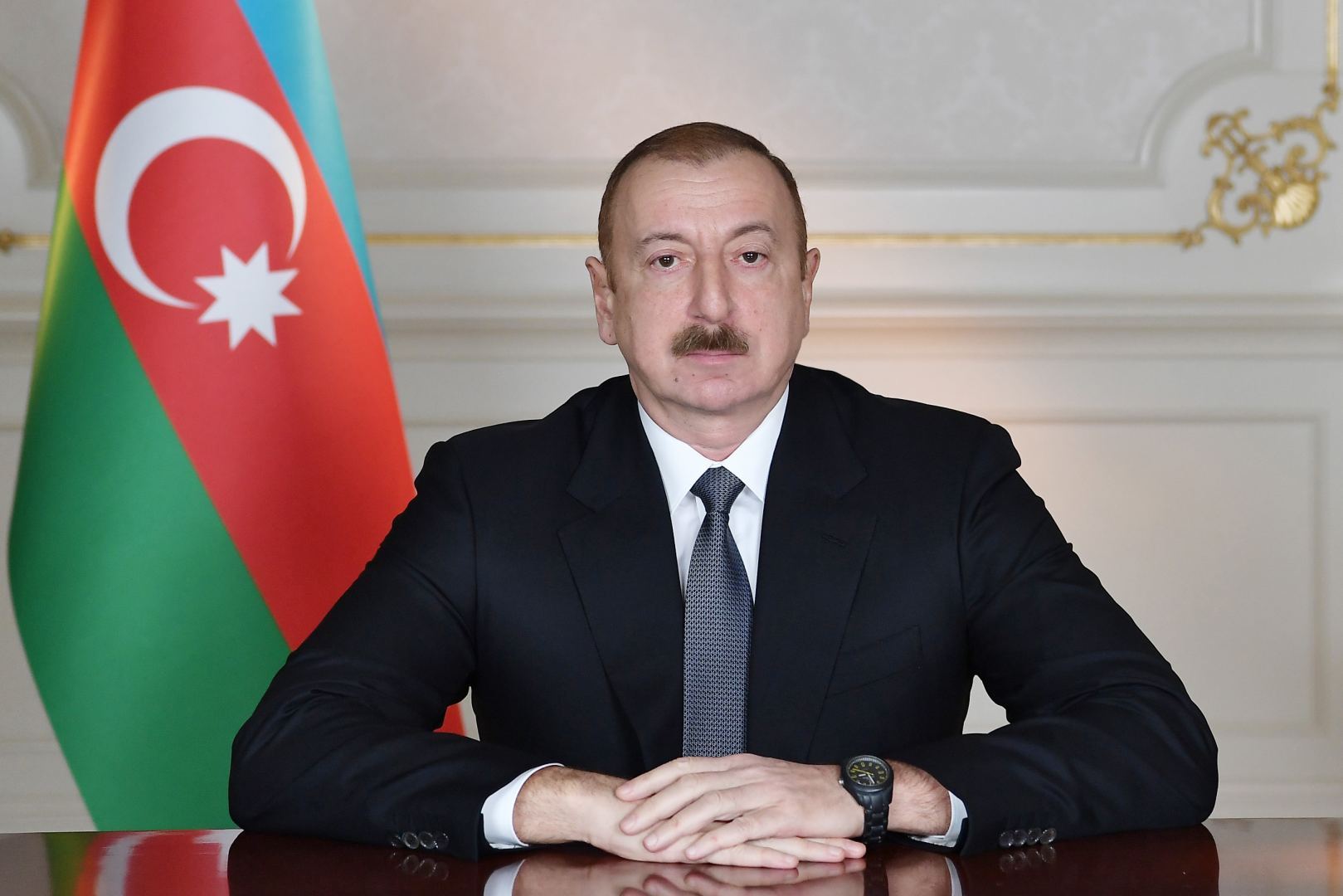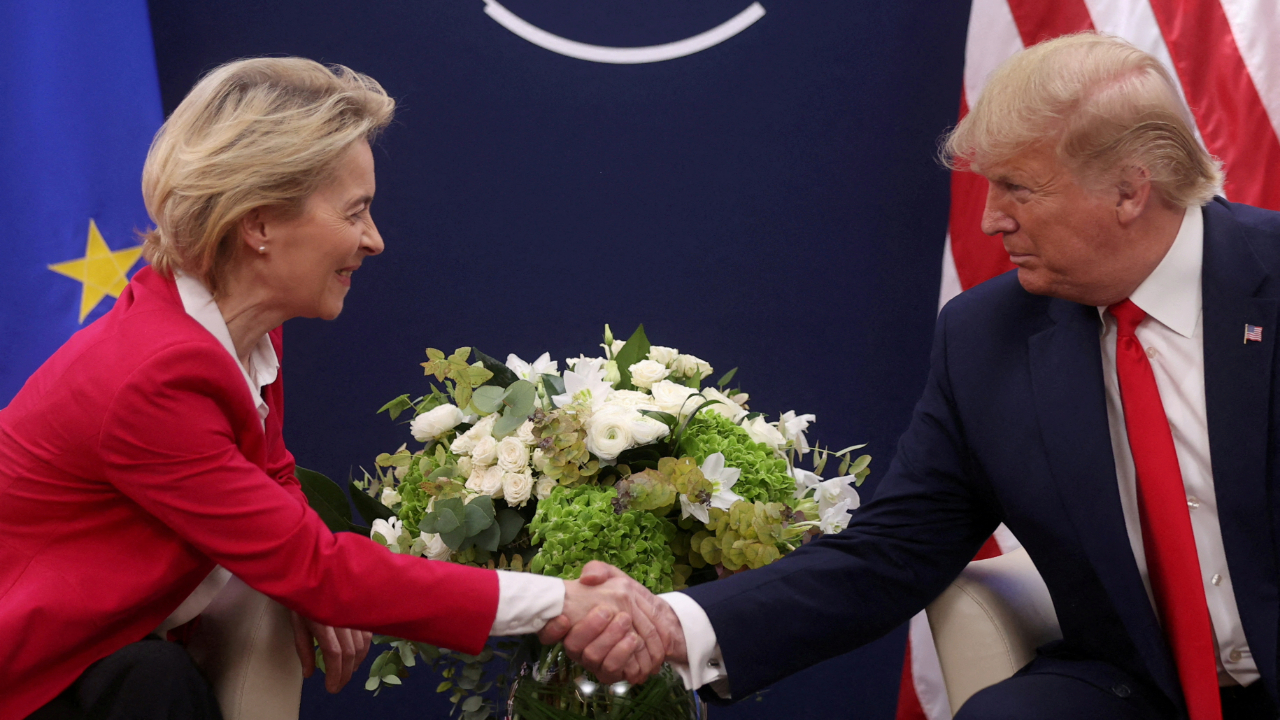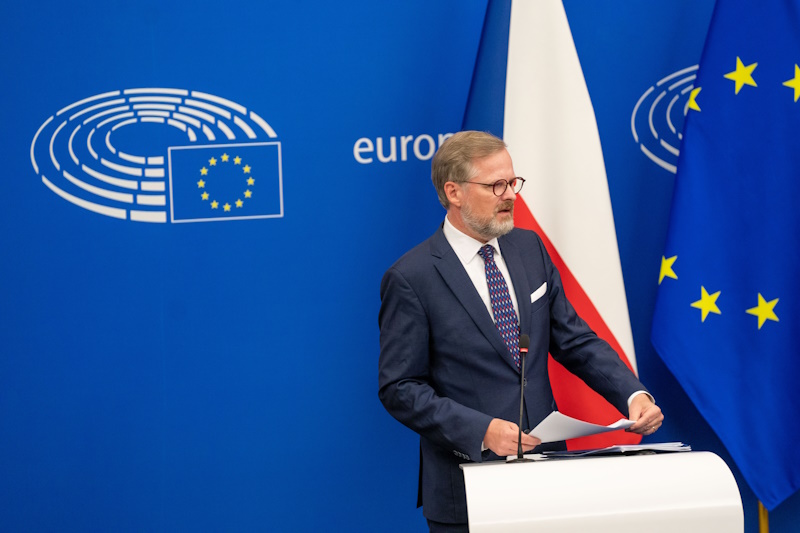Spain proposes a partial official status for Catalan, Basque, and Galician in 2027 to convince the EU

Brussels – The latest proposal from the Government to convince its European partners to allow the recognition of Catalan, Basque, and Galician as official languages in the EU suggests their official status starting in 2027, although with partial implementation, as from that date only the regulations of the Council and the European Parliament would be translated from all EU legislation, which in the last legislature accounted for less than 3% of all legal acts.
Thus, the offer on the table of the 27, as Europa Press has learned, proposes a modification of the linguistic framework to extend the umbrella to the three co-official languages starting in 2027. The reform would include an immediate “repeal” whereby EU institutions would not be required to draft all their legislative acts or publish them in the Official Journal of the EU in Catalan, Basque, and Galician. The Twenty-Seven must address the review of the repeal within a maximum period of four years to decide whether to end it, and any change will again be decided by unanimity.
The proposal clarifies that this brake will not affect regulations, that is, the rules that, unlike other legal acts such as directives, are directly applicable throughout the EU and do not require national transposition. According to EU statistics, in the last legislature, a total of 12,065 legal acts were processed, of which 2.6% (316) were regulations.
Furthermore, to overcome the reservations of countries with doubts about the cost of the reform, the Government adds a statement asserting that it will be Spain that assumes all the costs of the official status of Catalan, Basque, and Galician, although it does not currently provide a figure for what this would entail. This commitment is included as a consideration, compared to the current framework, which establishes that the costs of official status are borne by the community budget.
In the absence of a detailed plan on how to practically implement the transition from 24 to 27 official languages, Spain points out that “in the coming months” and “before the agreement is applied,” it will coordinate with EU institutions to present the Council with a proposal for the material, technical, and human resources necessary to “not apply or gradually reduce” the repeal provided for in the regulation for each of the three languages.
Unanimous decision on May 27
The matter remains on the agenda as a point for “adoption” in the EU General Affairs Council meeting on Tuesday, May 27, although it is a reform that requires the unanimity of the member states and raises unresolved legal and financial doubts for several delegations, according to various diplomatic sources who have spoken to Europa Press.
In this context, the Government presented a more detailed document to ambassadors last Wednesday than those that have circulated since Spain first submitted the request in September 2023, with the sole request to modify the language regulation to include the three co-official languages in Spain. Now, the request still lacks sufficient support, but the Government has increased pressure on the capitals, according to a senior European diplomat, who acknowledges that the matter is “very sensitive” and transcends negotiations in Brussels.
Unanimity requires that no country votes against, but abstention from delegations would not prevent a decision from being made; it is also not definitive that a vote will take place, as there is room for the agenda to be modified on the fly.
Specificities of the Spanish case
The text presented, as Europa Press has learned, does not mention the idea of starting with the official status of Catalan and postponing that of Basque and Galician, as the Government proposed in an earlier phase of negotiation, and suggests another form of progression: starting with the translation of regulations from January 1, 2017, and leaving for a later review, in 2031, whether to modify the repeal regarding the rest of the documentation.
In the initial technical and ambassadorial debates, the Spanish proposal has collided with the negative opinion of the Council’s legal services, which have orally expressed their doubts regarding the legal basis of a reform as proposed, according to European sources. Nevertheless, the negative opinion of the legal service does not prevent a decision by the Twenty-Seven.
The lack of an impact assessment on the cost and practical and legal implications of the reform requested by Spain has so far been one of the main obstacles for nearly a dozen countries that have expressed doubts in preparatory debates, including France and Italy due to its financial impact and how to clarify that it will be Spain that assumes the cost.
In December 2023, the European Commission provided an estimate of 132 million euros per year (44 million per language) but warned that it was a very preliminary calculation based solely on previous experience with Gaelic. In the case of Gaelic, Ireland requested its inclusion in 2005 and it was adopted in 2007, although it did not obtain its full status until January 1, 2022, because Dublin requested a gradual application due to the difficulty of translating all documents into Gaelic.
Countries like the Baltic states, with Russian-speaking minorities, are also wary of the risk of opening a “Pandora’s box” and that this change sets a precedent that could later compromise them. In response to these fears, the Government insists on the specificities of the Spanish case and its co-official languages, enshrined in the Constitution, from before its entry into the EU, and used both in Congress and in the Senate.
Another strong argument is that Spain translated the Treaties into the three co-official languages years ago and already translates much of its legislation into them, including when transposing community regulations.
Additionally, it proposes that in a declaration attached to the reform of the regulation, the Council establishes that any future request for another language “will be evaluated on a case-by-case basis and must meet strict criteria,” including that it is historically native to the country requesting it and that its status has been recognized in the Constitution of the member state for at least two decades. (May 23)
What's Your Reaction?
 Like
0
Like
0
 Dislike
0
Dislike
0
 Love
0
Love
0
 Funny
0
Funny
0
 Angry
0
Angry
0
 Sad
0
Sad
0
 Wow
0
Wow
0


















































.png?Expires=1838763821&Key-Pair-Id=K2ZIVPTIP2VGHC&Signature=IO0~CT3pU-TcxGc~yoZSmoQx23MZVuK-~4jSii~NKEblRmyO3el7NXPu~Rh1o23voASg7hlcHLw4kvQuDK1jssEhcjoNBBvEpZ~GGOAU6yosBhpHpeF179F~h7i6VxmsBNh9gtTutkoqY73O2YCFey~IAqSzKbBqETP1kP9cAg1916Z1YkJJs-5MliMrkZ5d7-mWGLbpHp2wGj2VlMph8XzYlL4~y1O7fB~JdIS~Rs4RMRs2x0WT1qUIpHAsf3GdwtOyAmKFSpIg8xCyNGZZ5h~13nXlmpd7uPvW8tBfttpG9pFTqcway-uch5WyfHOEfi7UlJCOWrr6fCYY5PMgSg__)







